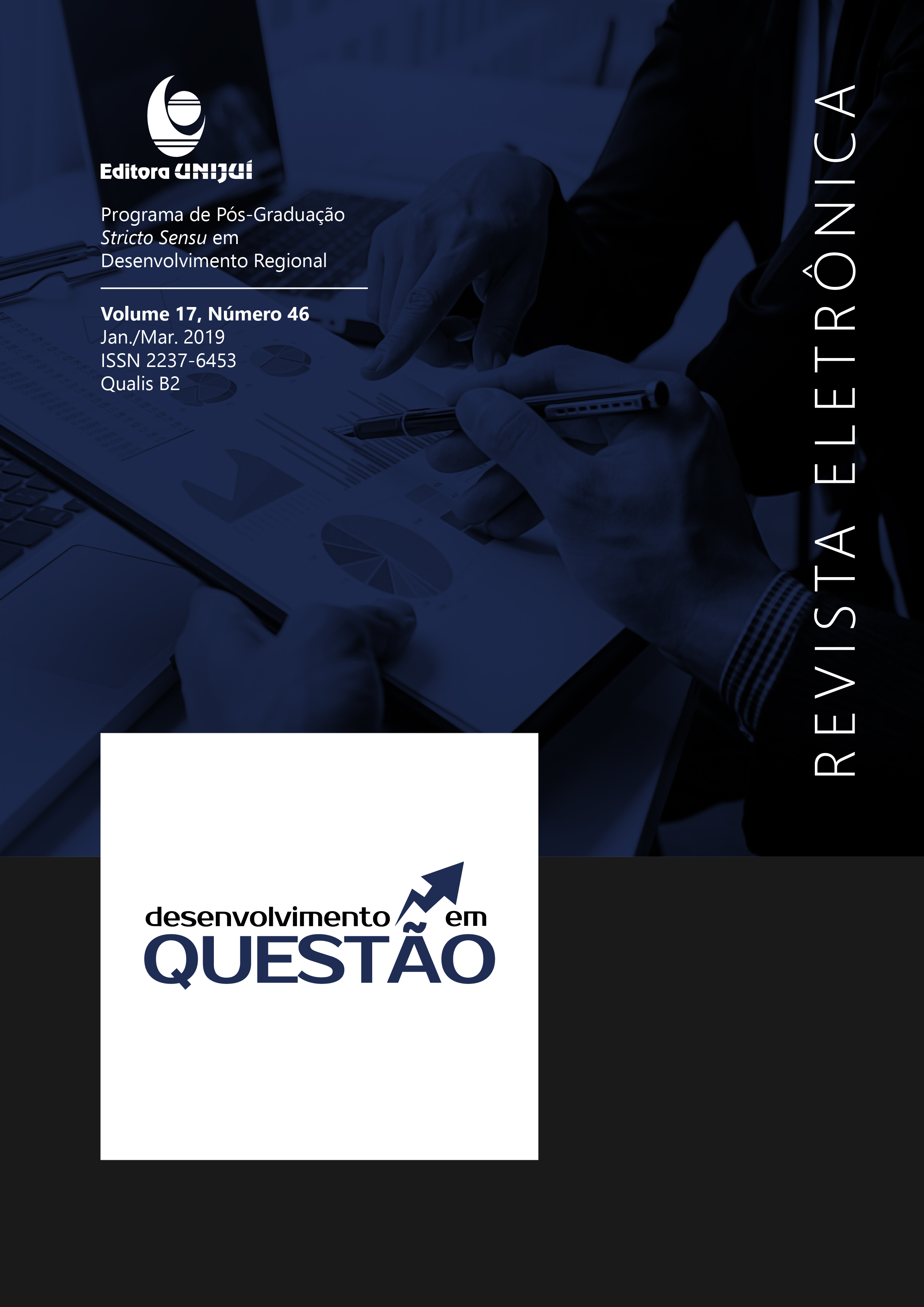Análise do Panorama da Legislação de Pagamento por Serviços Ambientais no Estado de Pernambuco
DOI:
https://doi.org/10.21527/2237-6453.2019.46.236-248Keywords:
Legislação ambiental, Política Ambiental, Pagamento por Serviços AmbientaisAbstract
A preocupação com a biodiversidade vem aumentando nas últimas décadas em função das consequências que a sua degradação causa os desafios para preservação ambiental são diversos e envolvem temas complexos como o excesso de poluição, mudanças climáticas, aquecimento global, contaminação das águas, resíduos sólidos, desenvolvimento sustentável, saneamento básico, refugiados ambientais, energia nuclear, lixo químico/tóxico, extinção das espécies e da biodiversidade, escassez de água doce. O Pagamento por Serviços Ambientais (PSA) surge como um instrumento econômico ambiental para minimizar tais conseqüências através do incentivo à conservação ambiental por meio de estímulos, financeiro ou não, a quem promover os serviços ambientais. A criação de Leis sobre PSA faz-se importante para garantir segurança aos envolvidos e incentivar a criação de novos projetos do gênero. Neste trabalho buscaremos fazer um acompanhamento histórico das primeiras iniciativas de políticas de pagamento por serviços ambientais no Brasil e no mundo ate o caminho percorrido para implementação da política estadual de pagamento por serviços ambientais no estado de Pernambuco, com ênfase, nas ferramentas já usadas na proteção e, em seguida, analisando o contexto da política de PSA em Pernambuco, focando no debate legislativo. Após esse panorama, procederemos ao estudo da política de Pagamento por Serviços Ambientais no estado de Pernambuco como ferramenta de proteção florestal, primeiro visando compreender seus conceitos e aplicabilidade, como forrma de melhor vislumbrar sua real chance de sucesso.
Downloads
Published
How to Cite
Issue
Section
License
By publishing in Revista Desenvolvimento em Questão, authors agree to the following terms:
All works are published under the Creative Commons Attribution 4.0 International License (CC BY 4.0), which allows:
Sharing — to copy and redistribute the material in any medium or format;
Adaptation — to remix, transform, and build upon the material for any purpose, even commercially.
These permissions are irrevocable, provided that the following terms are respected:
Attribution — authors must be properly credited, a link to the license must be provided, and any changes made must be indicated.
No additional restrictions — no legal or technological measures may be applied that legally restrict others from doing anything the license permits.
Notices:
The license does not apply to elements that are in the public domain or covered by legal exceptions.
The license does not grant all necessary rights for specific uses (e.g., image rights, privacy, or moral rights).
The journal is not responsible for the opinions expressed in the articles, which are the sole responsibility of the authors. The Editor, with the support of the Editorial Board, reserves the right to suggest or request modifications when necessary.
Only original scientific articles presenting research results of interest that have not been previously published or simultaneously submitted to another journal with the same purpose will be accepted.
Mentions of trademarks or specific products are intended solely for identification purposes and do not imply any promotional relationship by the authors or the journal.
License Agreement (for articles published from 2025 onward): Authors retain the copyright to their article and grant Revista Desenvolvimento em Questão the right of first publication.











